Harnessing the Sun: Costa Rica’s Journey to 100% Renewable Energy

Costa Rica is a global leader in renewable energy, achieving near-100% renewable electricity through hydroelectric, geothermal, wind, and solar power. This article examines its journey, focusing on solar energy’s potential to diversify the energy mix, while addressing challenges and the role of international support in sustaining its sustainability goals.
Desertification in Chad: Battling the Encroaching Sands of the Sahel
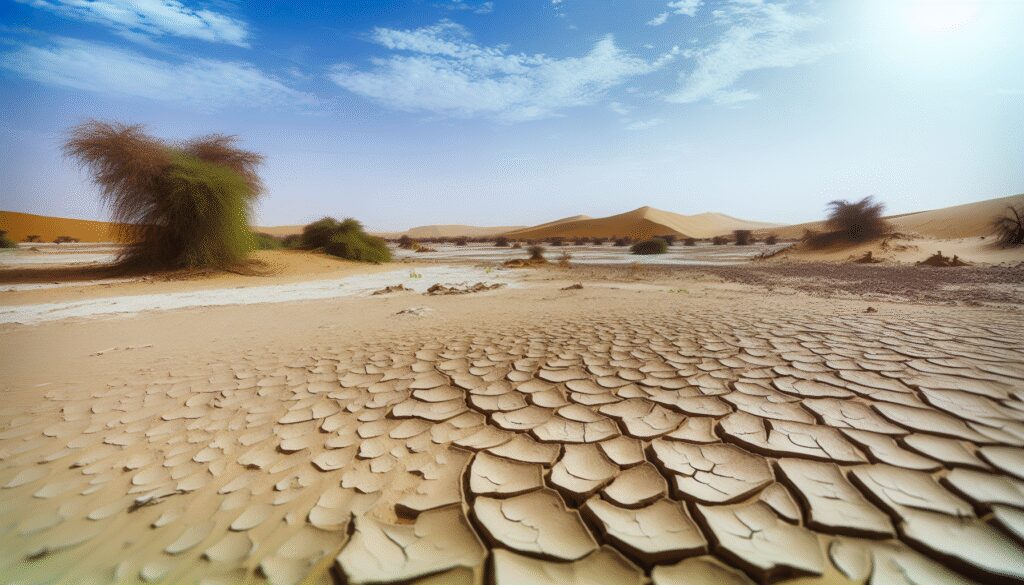
Desertification in Chad, a critical issue in the Sahel region, is driven by climate change, overgrazing, deforestation, and unsustainable agriculture. This article explores its causes, impacts on food security and livelihoods, and responses through international treaties, regional initiatives like the Great Green Wall, and sustainable land management recommendations.
Sustainable Fisheries in Bouvet Island: Balancing Conservation and Economic Needs in the Remote South Atlantic
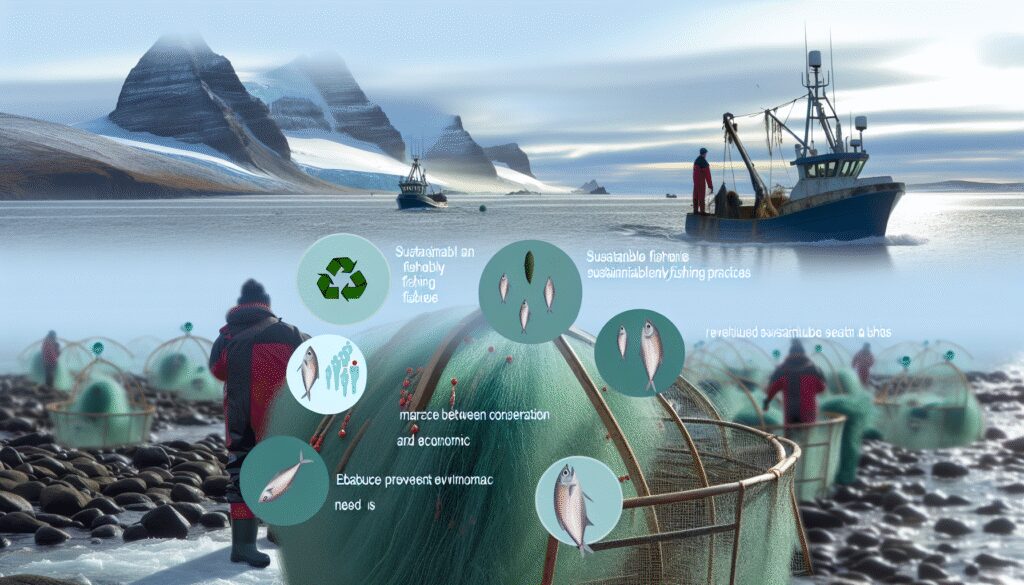
This article explores sustainable fisheries potential around Bouvet Island, a remote sub-Antarctic territory under Norwegian sovereignty. It analyzes balancing conservation of the pristine Southern Ocean ecosystem with hypothetical economic needs, emphasizing strict adherence to international agreements like CCAMLR and the importance of scientific monitoring for global ocean sustainability.
Marine Plastic Pollution in Greenland: Assessing the Impact on Arctic Ecosystems
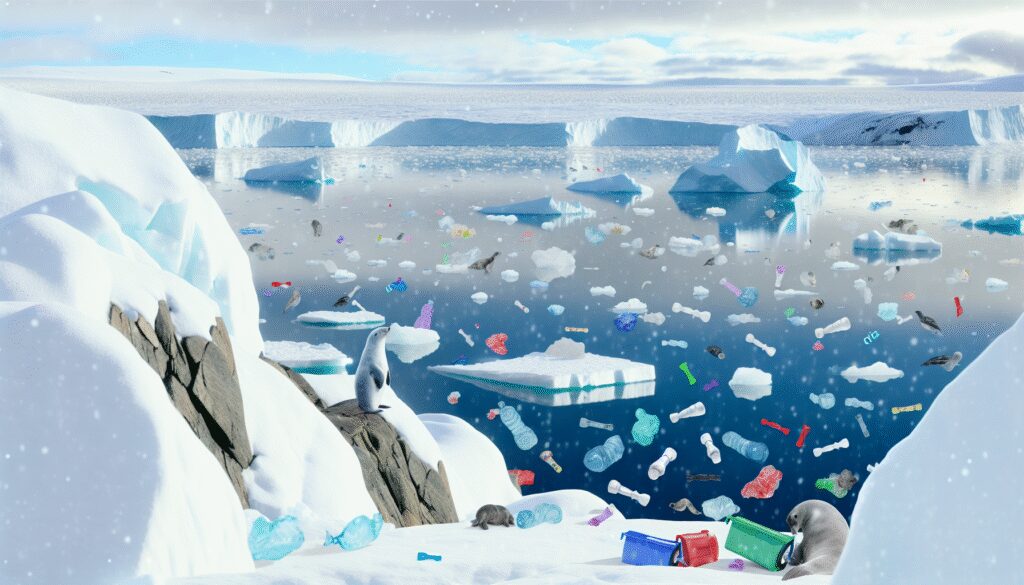
Marine plastic pollution poses a severe threat to Greenland’s Arctic ecosystems, impacting biodiversity, marine species, and human communities. Originating from both local and transboundary sources, plastics disrupt fragile ecosystems through ingestion, entanglement, and microplastic contamination. Urgent collective action, enhanced monitoring, and international cooperation are essential to mitigate this escalating crisis.
Ocean Acidification Threat in Cyprus: Impacts on Marine Ecosystems and Local Fisheries
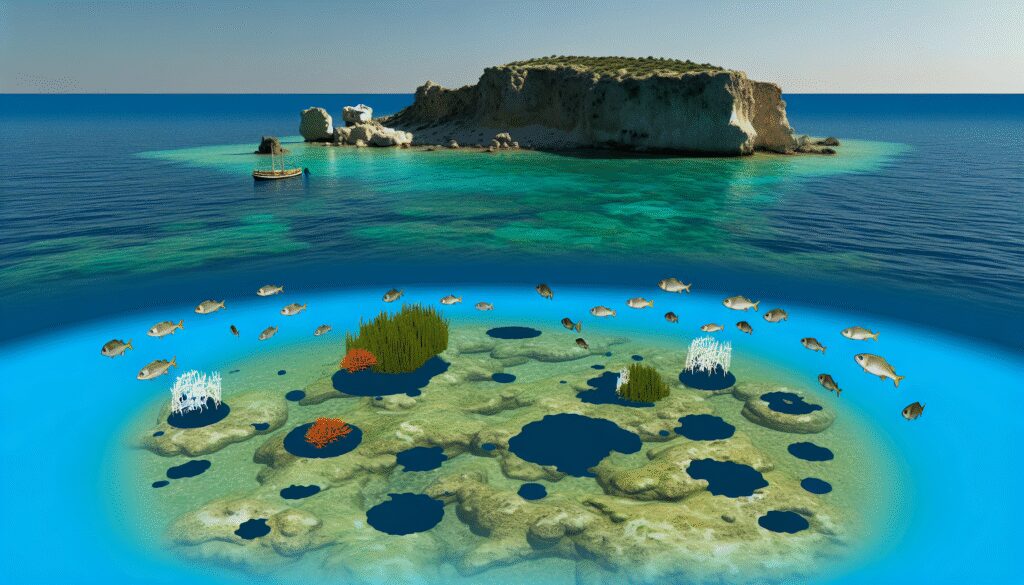
Ocean acidification, caused by excess atmospheric CO2 absorption, threatens Cyprus’s marine ecosystems and fisheries. This article examines its chemical processes, impacts on biodiversity, and effects on local fishing communities. It emphasizes the need for localized strategies, international cooperation, and policies to mitigate damage and ensure sustainability.
Ocean Acidification Threatens Uruguay’s Coastal Ecosystems: A Growing Environmental Crisis
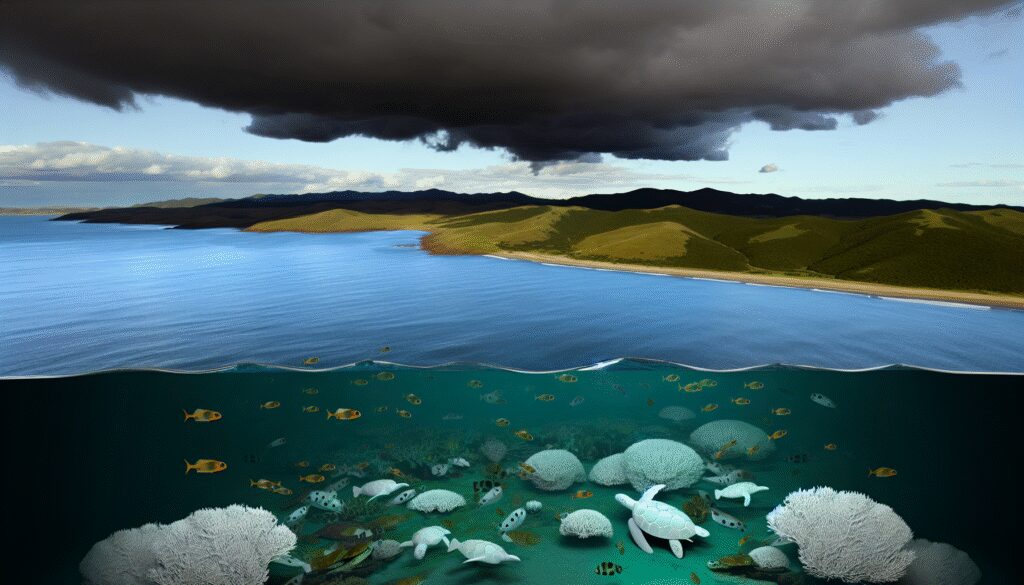
Ocean acidification, caused by seawater absorbing anthropogenic CO2, threatens Uruguay’s coastal ecosystems like estuaries and mangroves. This article explores its impacts on biodiversity, fisheries, and tourism, highlighting species vulnerabilities and socioeconomic risks. It recommends enhanced monitoring, policy integration, and international collaboration to address this crisis.
Ocean Acidification in Greenland: Unveiling the Impacts on Arctic Marine Ecosystems
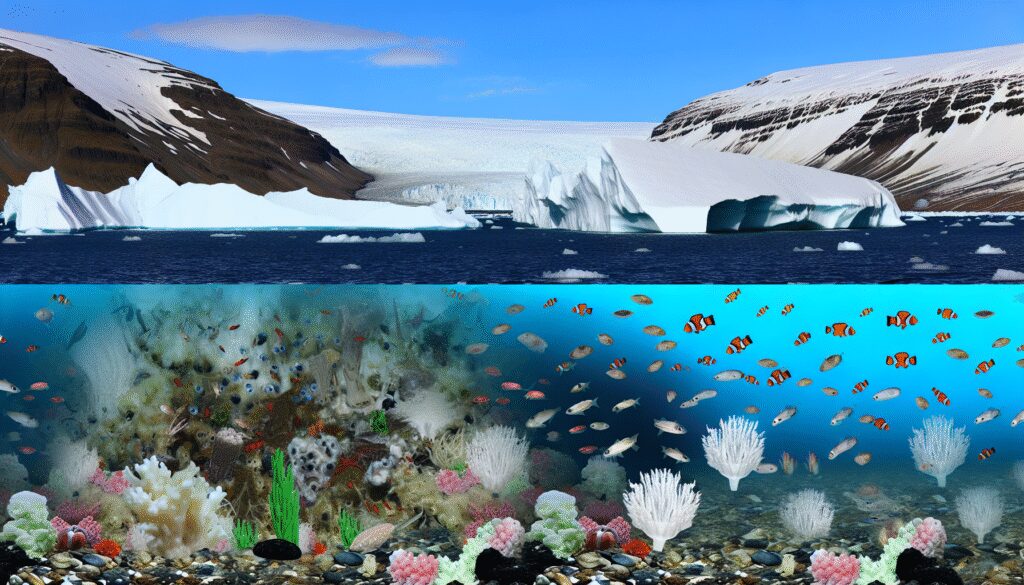
Ocean acidification, driven by CO₂ absorption, severely threatens Arctic marine ecosystems, especially in Greenland, where cold waters and low buffering capacity intensify the issue. This article explores its impacts on species, food webs, and local communities, urging international cooperation and policy action to protect Arctic biodiversity.
Ocean Acidification Threatens Niue’s Coral Reefs: A Call for Global Action
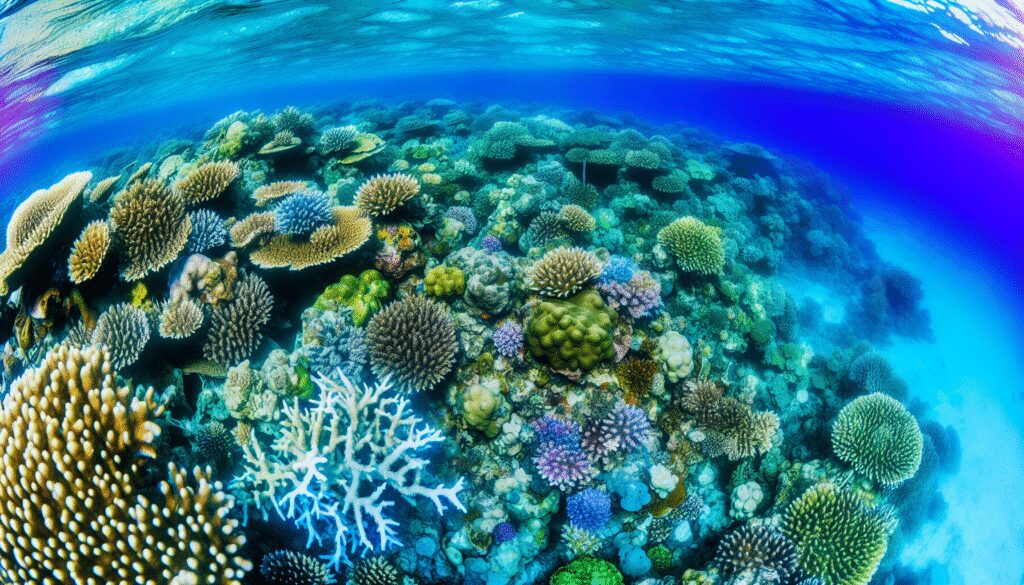
Ocean acidification, driven by CO₂ emissions, threatens Niue’s coral reefs, crucial for biodiversity, economy, and cultural heritage. This article explores acidification’s chemical and ecological impacts, socio-economic consequences for Niue, and the need for global action through intergovernmental cooperation and local conservation to protect vulnerable ecosystems.
Ocean Acidification in Greenland: Impacts on Arctic Marine Ecosystems and Local Communities
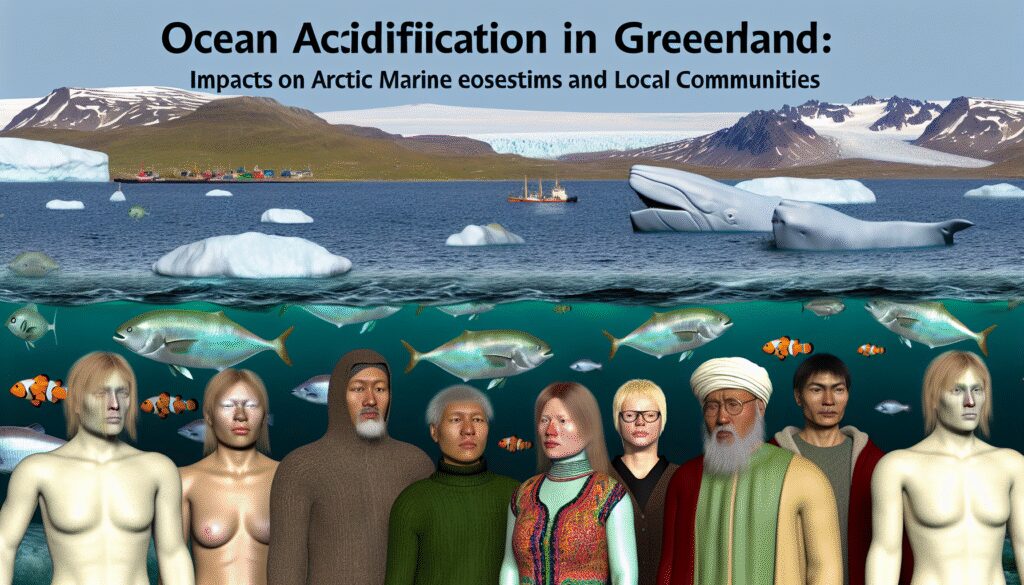
Ocean acidification (OA) threatens Greenland’s Arctic marine ecosystems due to rising CO2 absorption in cold, carbon-absorbent waters. This paper explores OA’s severe impacts on marine biodiversity, especially calcifying organisms and fish stocks, and the socioeconomic consequences for local fishing-dependent communities, while proposing mitigation strategies.
Ocean Acidification Impacts: Exploring Bhutan’s Role in Global Marine Conservation

Ocean acidification, driven by rising CO2 levels, threatens marine ecosystems and human livelihoods globally. This article explores its impacts and highlights Bhutan, a landlocked nation, as a unique contributor to marine conservation through climate mitigation, sustainable practices, and international collaboration, offering recommendations for enhanced policy advocacy.
